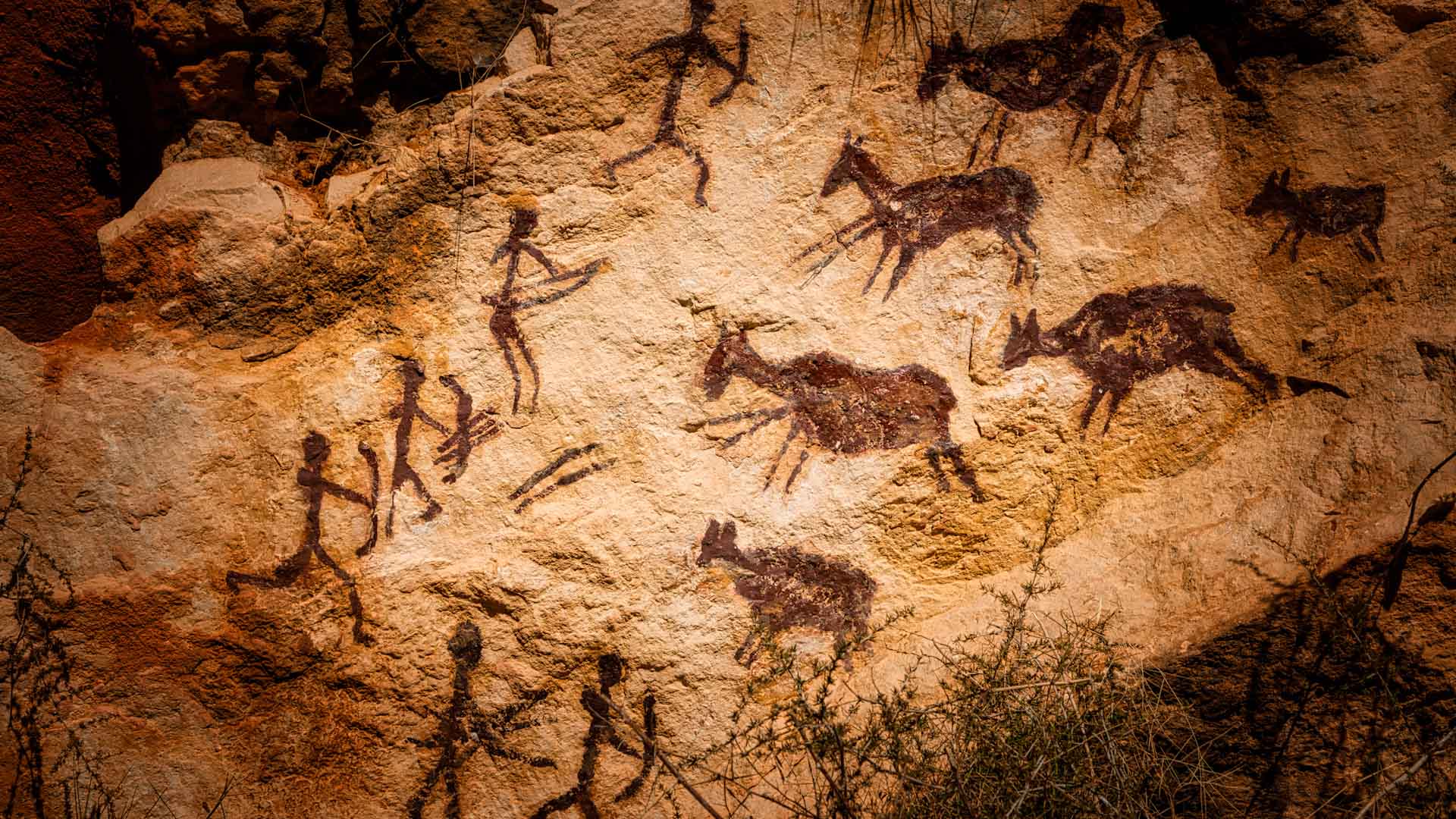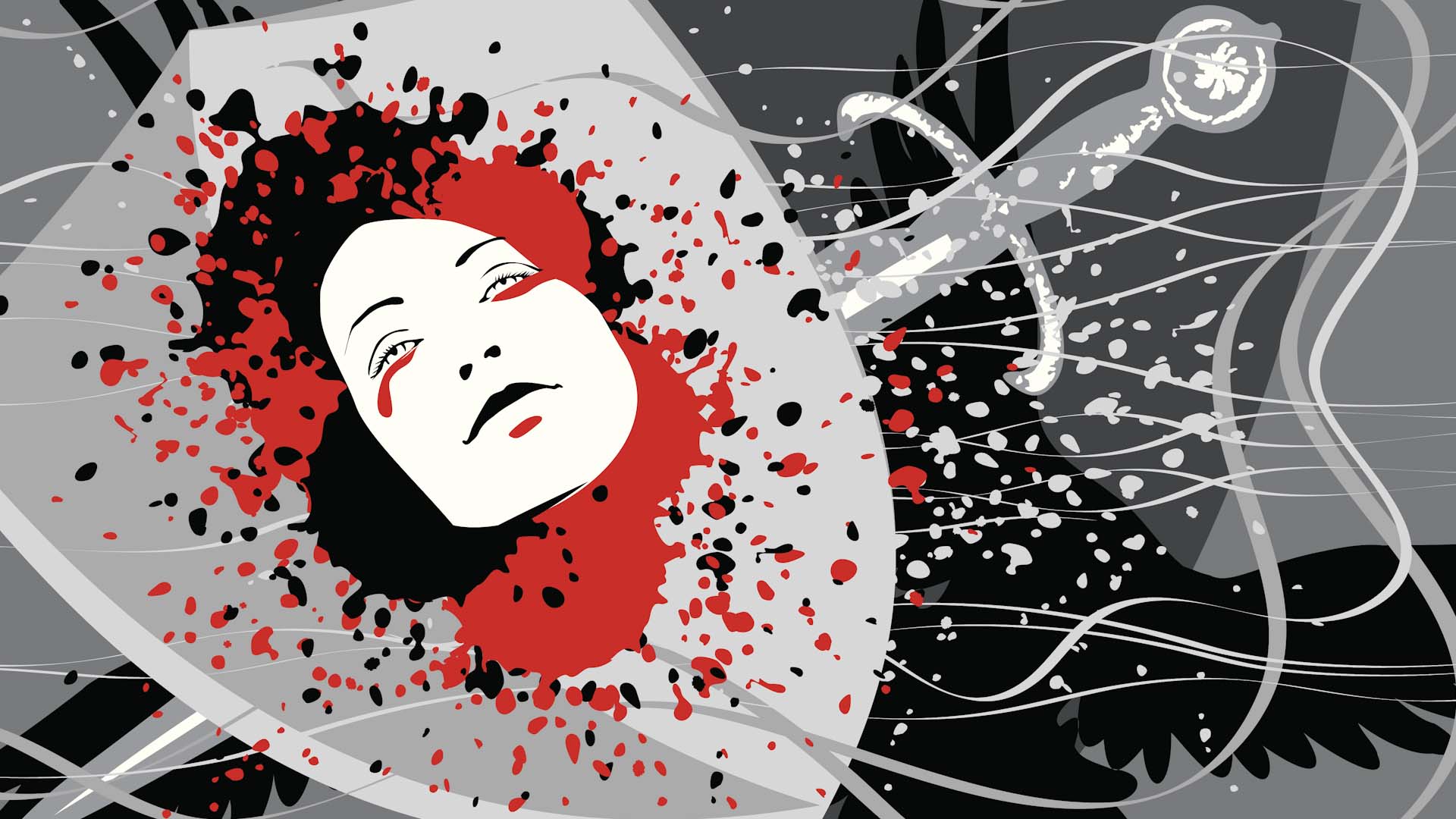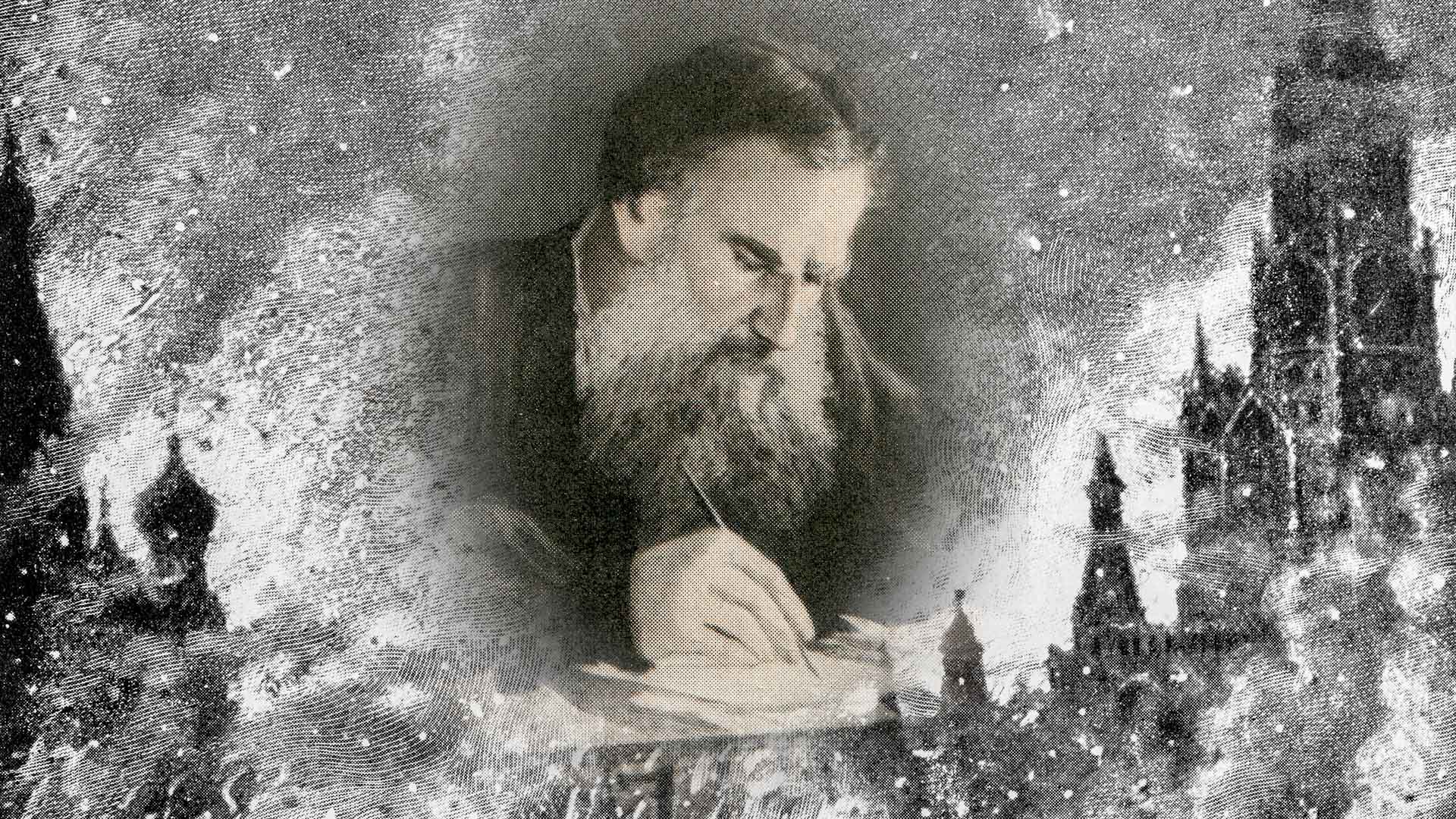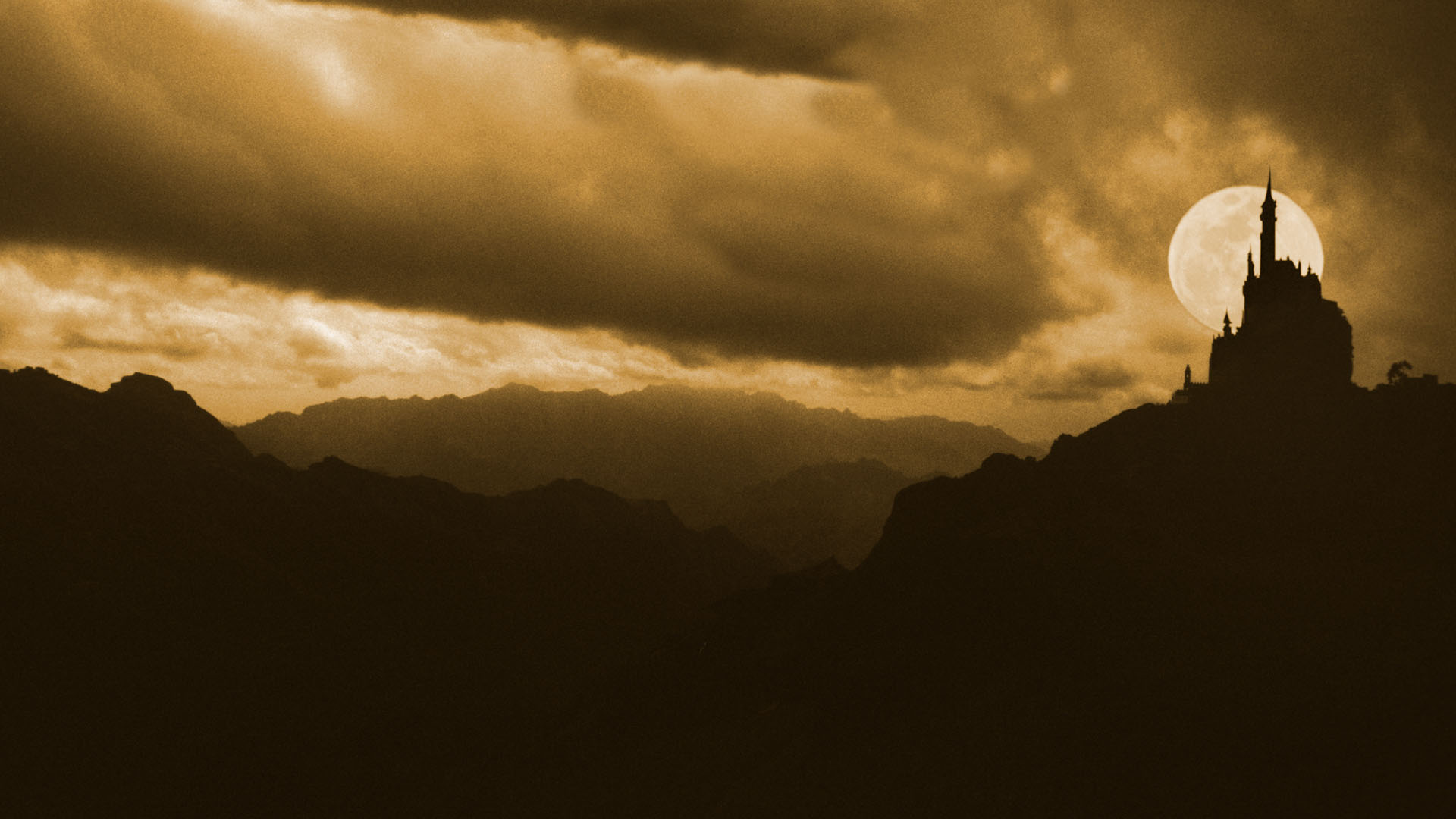Current and Upcoming Courses

What can the latest discoveries in archaeology, ancient DNA, and linguistics teach us about who we are—and how we got here? In this course, we’ll journey deep into human history to uncover the remarkable story of our species, from the first sparks of imagination to the rise of complex societies. We begin 70,000 years ago […]

For more than a century, the Colorado River has sustained the American West—shaping landscapes, communities, and countless lives. Today, after decades of drought and growing demand, the river stands at a crossroads. This course invites you to explore its story from every angle: the science behind its flow, the history that defined its use, the […]

This seminar will concentrate on three of Shakespeare’s greatest tragedies: Romeo and Juliet, Othello, and Hamlet. While taking into account language and theatricality, we shall approach plays from the perspectives of plot and characterization. As tragedies, these plays trace the decline and fall of their heroes. Together, we shall examine the voices of the tragic […]

In 2025, it’s almost impossible to go more than a day or two without hearing references to artificial intelligence, machine learning, or ChatGPT. Dive a bit deeper than headlines and other concepts emerge: large language models, generative AI, neural networks, predictive analytics, and artificial general intelligence. In this engaging and beginner-friendly lecture, Dr. Ken McAllister, […]

Leo Tolstoy’s War and Peace is often called the greatest novel ever written—a sweeping journey through love, loss, and the fate of nations. In this ten-week seminar, we’ll take on this legendary “long and glorious read,” exploring both its epic story and its enduring insight into what it means to be human. Set amid the […]

How did capitalism come to define nearly every aspect of modern life—and what are its true costs? In this seminar, we’ll trace the evolution of industrial and global capitalism, uncovering how it shapes our politics, economies, and even our daily choices. Together, we’ll explore the deep interconnections between capitalism and some of the most urgent […]

Step into the luminous world of Venice—a city built on water, steeped in ritual, and defined by its dazzling art. From the golden mosaics of San Marco and the Pala d’Oro to the sensual brushwork of Titian and Veronese, Venice created an artistic language unlike any other in Italy. Influenced by Byzantium and bound to […]

Throughout history, the great tradition of Western classical music has drawn deeply from Christian liturgy and culture. From the Gregorian Chant of the medieval Catholic Church to the masses and motets of Palestrina, the cantatas of Bach, and the requiems of Brahms and Britten, classical music is largely rooted in Christianity—yet Jewish composers have profoundly […]

Step into the shadows where history, myth, and imagination intertwine. This course uncovers the Balkan origins of the vampire legend—stories born from centuries of folklore, fear, and fascination. We’ll explore how these tales of the undead reflected cultural taboos and anxieties about life, death, and “the other,” before following their transformation into Western literature and […]

In the wake of World War I, America’s writers turned from the battlefields of Europe to the “mean streets” of modern cities—discovering new voices, new languages, and a new kind of storytelling. This course explores the rise of pulp fiction, a genre once dismissed as lowbrow but now recognized as a bold reflection of American […]

This course delves into the millennia-old partnership between humans and horses, revealing how it has influenced transportation, sports, and warfare. We’ll explore the evolution and science behind horse movement, highlighting its impact on society. Special attention is given to selective breeding, examining how draft horses and thoroughbred racehorses are tailored for specific tasks. The course […]
